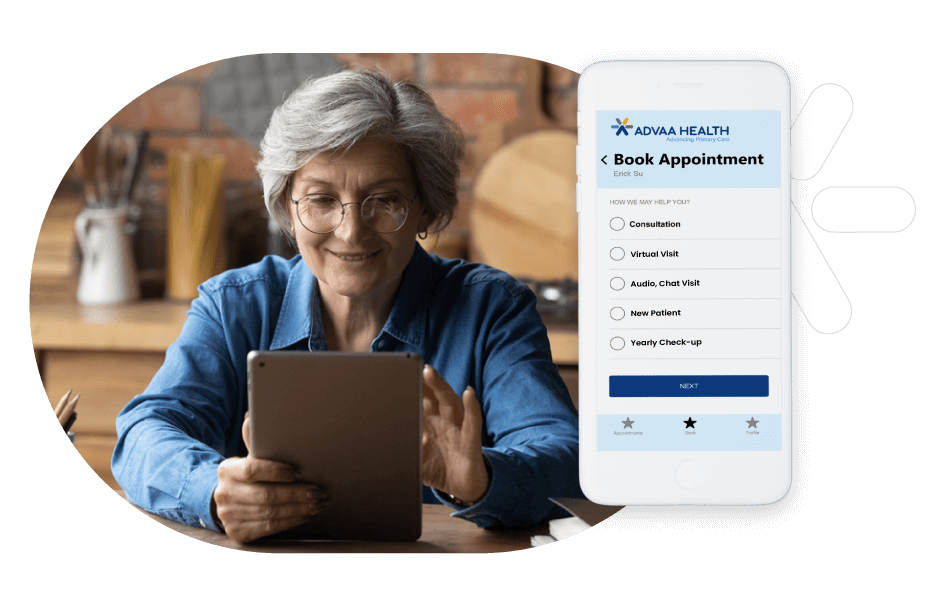For independent Direct Primary Care practices, maintaining HIPAA compliance is more than a legal requirement—it is essential for protecting patient privacy and ensuring efficient operations. From securing patient records to managing telehealth visits, physicians face numerous challenges.
Understanding HIPAA and HITECH for DPC Practices
The HIPAA Privacy Rule defines protected health information (PHI) as individually identifiable health information, including demographic details, medical conditions, genetic information, and data about a patient’s healthcare plan or payment system.
The Health Information Technology for Economic and Clinical Health (HITECH) Act, enacted as part of the American Recovery and Reinvestment Act (ARRA) of 2009, promotes the adoption and meaningful use of health information technology. Understanding these regulations is crucial for DPC practices, as compliance protects patient information and helps physicians avoid legal and financial penalties.
Why HIPAA Compliance Matters for DPC Practices
HIPAA compliance protects patient information and prevents costly fines or lawsuits. For clinics using Direct Primary Care Software, compliance goes beyond avoiding penalties—it builds patient trust. Patients expect that their medical records, lab results, and private conversations remain secure. With the growth of telehealth and remote patient monitoring, digital security has become more critical than ever.
Common HIPAA Challenges for DPC Practices
Independent physicians and their staff often face challenges such as:
- Safely storing and sharing electronic health records (direct primary care EHR).
- Securing communication during telehealth sessions.
- Maintaining audit trails and compliance reports.
- Limiting staff access to sensitive patient data.
Many traditional concierge primary care software or generic EHR solutions lack robust, built-in HIPAA protections, leaving practices exposed to errors or breaches.
How Advaa Health Supports HIPAA Compliance
1. Secure Cloud-Based Direct Primary Care EMR
Advaa Health offers an encrypted, cloud-based Direct Primary Care EMR that safeguards patient data. Role-based access ensures staff only see necessary information, and automatic backups prevent data loss.
2. HIPAA-Compliant Telehealth & Messaging
Integrated telehealth and secure messaging allow physicians to consult patients safely online. Every interaction is encrypted and logged, supporting both care delivery and compliance.
3. Audit Trails & Reporting
Detailed logs and audit-ready reports simplify compliance reviews. This is essential for practices using DPC software that must demonstrate adherence to HIPAA regulations.
4. Custom Staff Permissions
Role-based access minimizes unauthorized data access. Permissions can be customized so that only authorized personnel view sensitive information.
5. Advanced Data Security
Advaa Health uses AES-256 encryption for stored and transmitted data and maintains regular security updates. This proactive approach ensures secure patient record management within direct primary care EHR systems.
Benefits for Physicians and Practices
Using Advaa Health, Independent DPC physicians can:
- Reduce administrative burden and eliminate manual compliance checks.
- Focus on patient care with confidence in HIPAA adherence.
- Manage telehealth, billing, and patient engagement securely in a single platform.
- Ensure their Direct Primary Care Software is reliable, secure, and audit-ready.
Conclusion
HIPAA compliance is a critical component of any Direct Primary Care practice. With Advaa Health, independent clinics gain a Direct Primary Care EMR that streamlines compliance, protects patient information, and supports secure telehealth—all while enhancing operational efficiency.
Simplify HIPAA compliance for your DPC practice with Advaa Health and experience a secure, all-in-one solution for managing your patients and practice with confidence.
👉 Get our DPC Implementation Guide and learn the exact steps to successfully launch your DPC practice.










